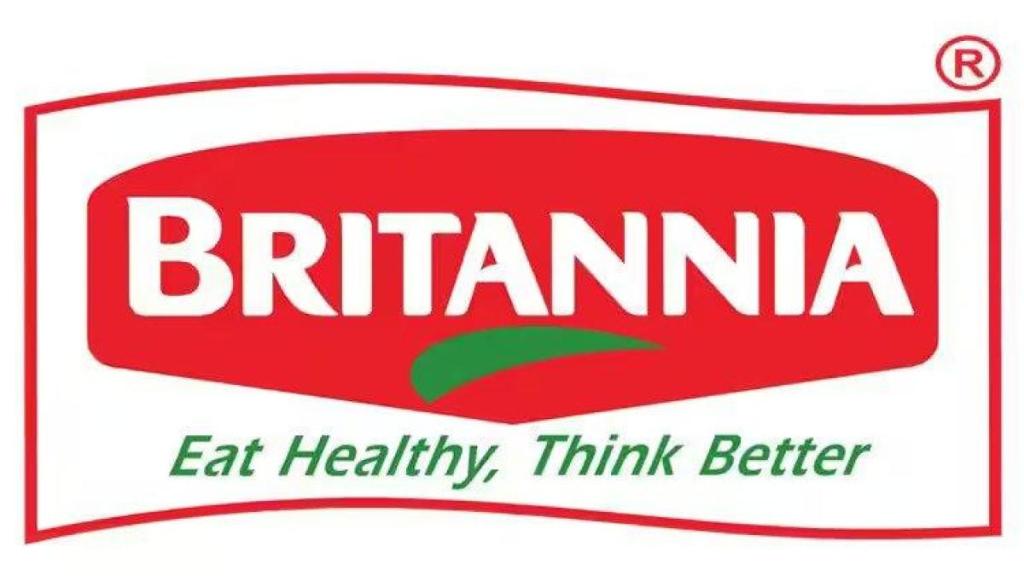In an effort to meet the demands of urban consumers, some of the top food firms in the country are expanding into more innovative and upscale food categories. This is happening at a time when urban demand has stayed relatively consistent in comparison to rural demand. Growing health consciousness among consumers, particularly in urban areas, has also contributed to the trend as people look for healthier lifestyles and food options.
Britannia Industries’ CMD Varun Berry said during the company’s earnings call last week that the firm had forayed into healthy snacks with a new brand called Better Snack Co, launching fox nuts under it.
To be sure, Britannia has a range of digestive biscuits, high-fibre cookies, sugar-free cream biscuits et al under its NutriChoice umbrella. However, the need to experiment with more food categories is driving the company to enter new segments, sector experts said. Last year, for instance, the company launched a joint venture with French cheese maker Bel SA. In the past, the company has tied up with partners (such as Greek firm Chipita SA) for segments such as croissants etc.
“Better Snack Co is a platform for the future. We will drive healthy snacking products using the platform,” Berry said, adding that the Better Snack Co was being distributed via modern trade and e-commerce channels for now.
The Bengaluru-based company would eventually get into healthy snack mixes and baked snacks using the brand (Better Snack Co), competing with players such as True Elements, Soulful (now owned by Tata Consumer Products), The Whole Truth, Happilo as well as ITC, which is betting big on millet-based snacking products. ITC has also acquired brands such as Yoga Bar to fortify its nutrition-led healthy food portfolio. Companies such as Kellogg’s, Nestle and PepsiCo have largely experimented with healthy variants within their breakfast portfolios (such as cereals) in India.
In a conversation with FE, Deepika Bhan, president (packaged food business),Tata Consumer Products, said that the packaged foods market in India was still under-penetrated and that there was room for growth, notably at the premium end. For perspective, the overall snacks food market in India is pegged at around Rs 65,000 crore. However, less than 10% of the market constitutes the healthy snacking segment, a report by Avendus Capital said, which has the potential to double in the next five years.
“Health and micro-segments are areas that we are targeting. There is space for growth in newer food categories, aimed at premium consumer cohorts,” Bhan said. This explains the urgency with which Tata Consumer Products has pushed both Tata Soulfull and Tata Sampann into categories such as millet-based wafer sticks (under Soulfull) and a range of seeds and walnuts (under Sampann). The latter, the company said, was part of a premium extension of its existing dry fruits range of products.
During the company’s investor call last week, Tata Consumer’s MD Sunil D’Souza said that the company wanted to play in segments such as pantry, breakfast, mini meals, cereals and ready-to-drink beverages as part of its diversification plan beyond its core areas of salt, tea and coffee.
Experts say that while good-for-you food and beverage options have been experimented with by food companies over the last few years, the market is now ripe for growth, given that the post-Covid consumer is serious about lifestyle and meal changes.
“Consumers today are taking healthy meal choices seriously, which explains why food companies are foraying into these food categories,” Sachin Bobade, vice-president, research at Mumbai-based brokerage Dolat Capital, said.

